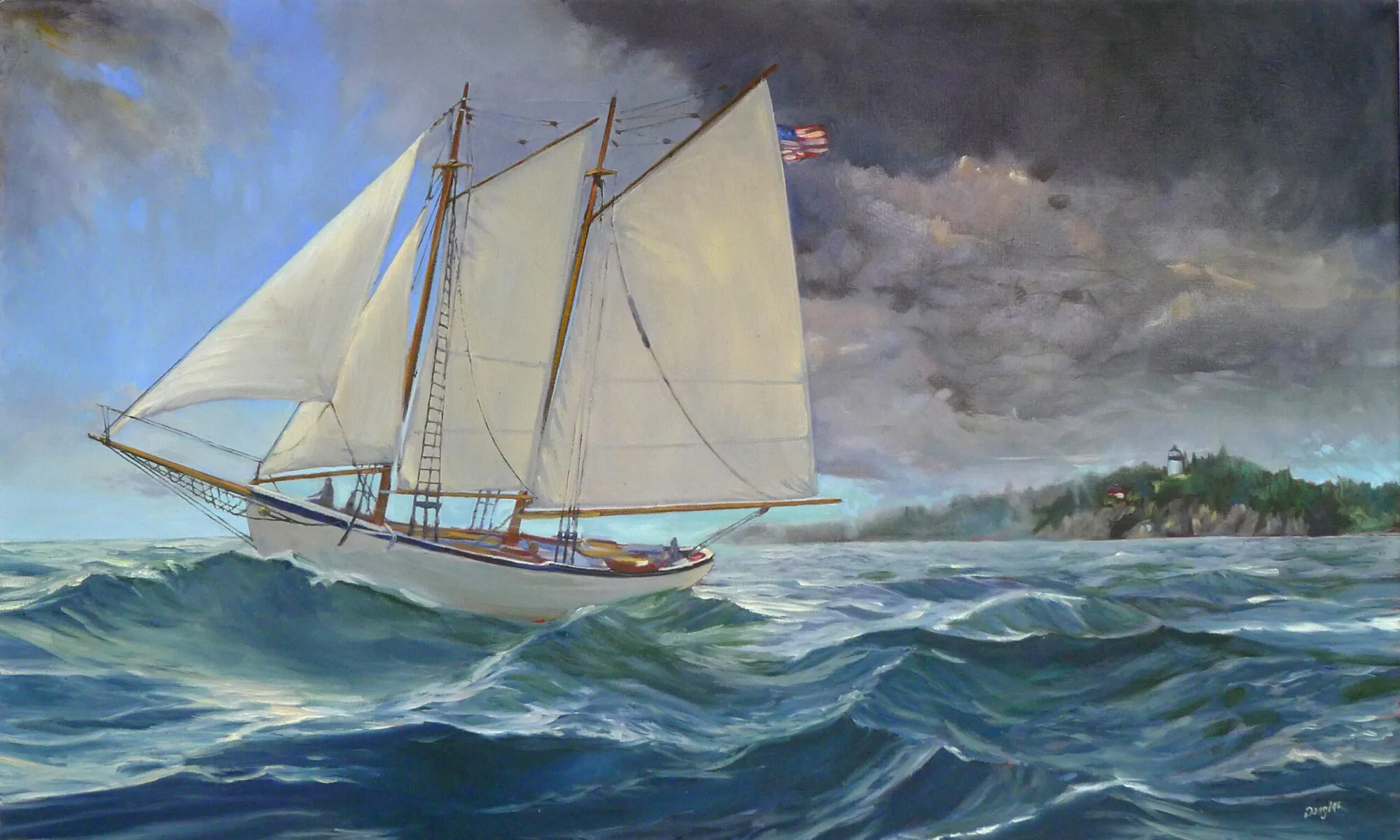Whatever happened to the educated, literate generalist in our public life?
 |
| Apple orchard in spring, Carol L. Douglas |
If you followed my recent trip to Argentina, you know we returned home with a virulent intestinal bug. It’s lasted for more than two months and resisted diagnosis, even with extensive testing. My husband was looking like a starving Biafran so Brien Davis, our nurse-practitioner, ordered a new round of tests. Mirabile dictu, it’s giardiasis! We start treatment as soon as we round up the proper drugs. Kudos to Brien for exceptional persistence.
When we left Rochester, my biggest concern was leaving the practice of our doctor, Bernard Plansky. His specialty is family medicine, which we used to call ‘general medicine’. I credit him with saving my life, since he figured out that I had cancer after two other specialists missed it. He’s also knowledgeable on subjects as diverse as Shakespeare, etymology, bagpipes, publicans and surfing. He’s that 18th century ideal, a polymath.
| Apple tree with swing, Carol L. Douglas |
Being a two-time cancer survivor, I had been under a high level of specialized care. Moving to Maine, I wasn’t at all sure about switching to a nurse-practitioner. But it’s worked very well. Under Brien’s care, I’ve lost 60 lbs., resolved most of my back problems, and am no longer hypertensive. In his spare time, Brien runs Hope Orchards. As with all farming, orchard husbandry takes intelligence and optimism. Both of these medical men have served my interests well, although they’ve approached the questions very differently.
I’ve been thinking about thinking because of a something I chanced across while reading about Alexander von Humboldt. He had a warm friendship with president Thomas Jefferson, whom he visited several times at the White House.
 |
| Dame’s Rocket in an old orchard, Carol L. Douglas |
Jefferson was—like von Humboldt—a true son of the Enlightenment. He was a farmer, interested in scientific agriculture. He taught himself the principles of architecture and designed Virginia’s statehouse as well as his own home, Monticello. He was an inventor who gave us both the moldboard plow and the swivel chair. He could speak, read, and write in many languages.
Jefferson was a keen naturalist and anthropologist. Not only did he commission the Lewis and Clark Expedition, he tutored Meriwether Lewis in the skills he needed to lead the trip, including mapping, botany, natural history, mineralogy, astronomy and navigation. He was interested in Native American cultures and languages. And, somehow, he found time to be a very successful politician and lawyer.
| Farm country, Carol L. Douglas |
My sad thought for yesterday was that the last president with a background like that was Teddy Roosevelt. It’s hard to imagine what von Humboldt would have in common with modern politicians, whatever their affiliation.
Of course, we’ve done this to ourselves. We moderns assume that the best person for any job is the most specialized. But how well has that served us, exactly?
Postscript: The Bangor Arts Society’s 2020 Open Juried Show runs from June 1-15. There’s still time to sneak in a last-minute submission. The juror is art writer Carl Little. In a time when there are almost no live art shows, it’s refreshing to see America’s oldest continuous art society sticking with tradition, come hell or high water.
